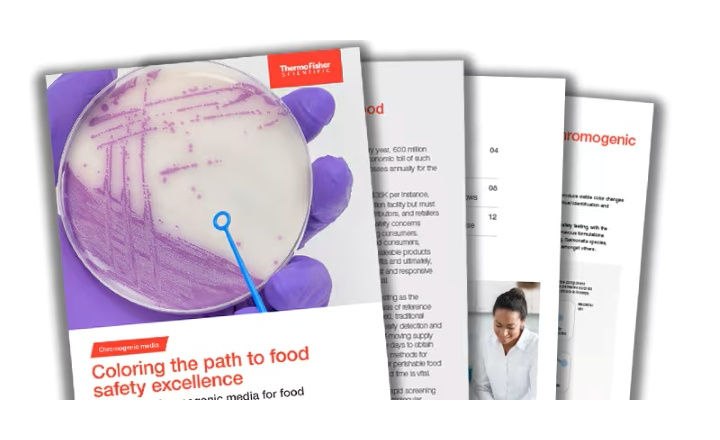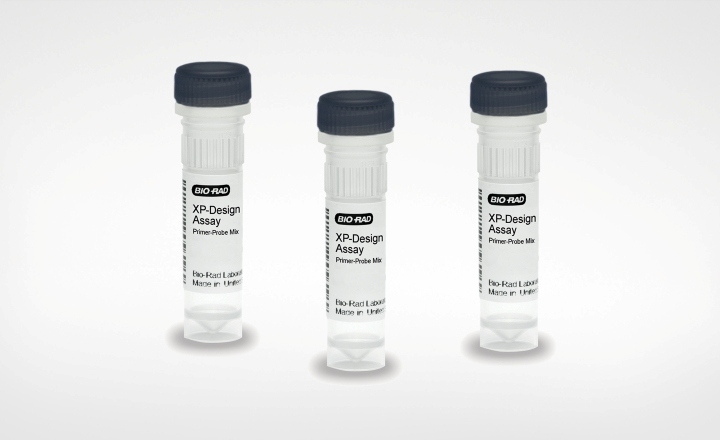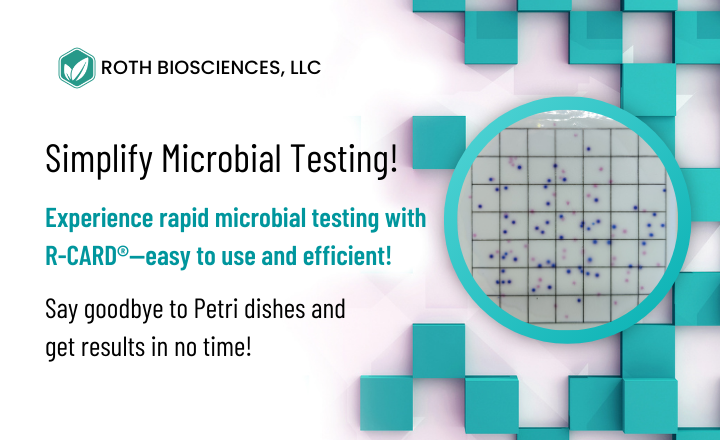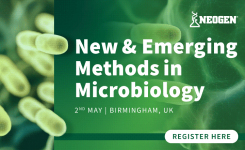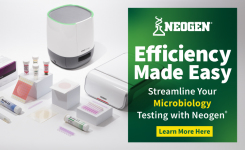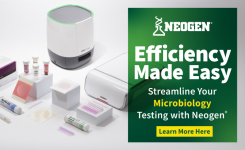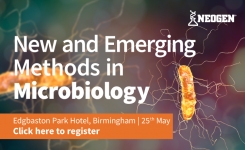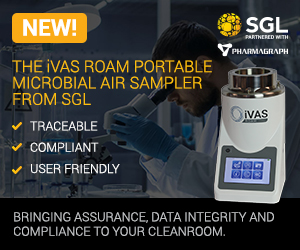3M Food Safety today announced its 3M™ Molecular Detection Assay Salmonella has received an extension of the current NF VALIDATION certificate from AFNOR CERTIFICATION. The Paris-based AFNOR CERTIFICATION expert committee found 3M´s assay to be as or more effective than standard methods for detecting Salmonella spp. in seafood and vegetable products as well as in environmental samples taken from food processing sites.
"It´s a great accomplishment that this technology has been comprehensively validated to detect such a common and harmful organism throughout the world"
This follows AFNOR CERTIFICATION´s validation in December of the same product´s efficacy finding Salmonella spp. in egg, meat and dairy products. Based on these two sets of data, the certification is now granted for all food categories and environmental products.1
To obtain NF VALIDATION certification, the 3M Molecular Detection Assay Salmonella test kit went through a comprehensive scientific review process. The assay was tested by an expert independent laboratory against EN ISO 6579, the worldwide standard for detecting Salmonella spp. Next, collaborative studies were conducted by 18 other laboratories from seven different countries to ensure the test method could be effectively reproduced and repeated.
"Salmonella can be found in a wide variety of foods and surfaces," said Marie-Pierre Copin, 3M Food Safety European regulatory affairs specialist. "Having AFNOR CERTIFICATION´s recognition for detecting the organism in so many types of samples is a testament to the technology´s robust and versatile capabilities."
Now used in at least 33 countries, the 3M™ Molecular Detection System was introduced to food processors, third-party reference laboratories and other customers in December 2011 along with 3M Molecular Detection Assays for E.coli (O157 including H7), Listeria and Salmonella. Leveraging isothermal DNA amplification and bioluminescence detection technologies, it simultaneously pinpoints and amplifies nucleic acid in enriched food and food process samples.
"It´s a great accomplishment that this technology has been comprehensively validated to detect such a common and harmful organism throughout the world," said Niki Montgomery, global marketing manager for 3M Food Safety. "Its increasingly proven accuracy is a perfect complement to its simplicity and ease-of-use."
For more information, visit www.3M.com/3MMolecularDetectionSystem/SALAFNOR2
1Products excluded for the certification: spices, aromatic herbs, instant coffees and teas, bouillon cubes, concentrates, milk powders and cocoa powders


